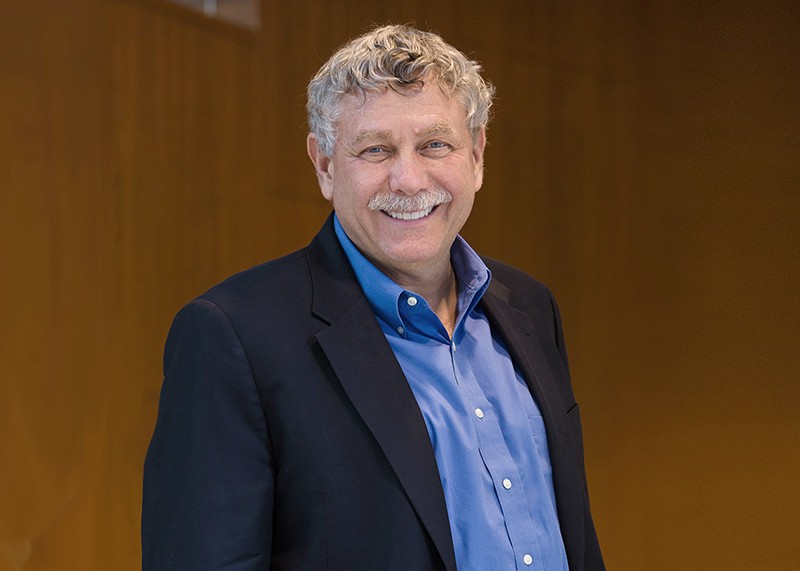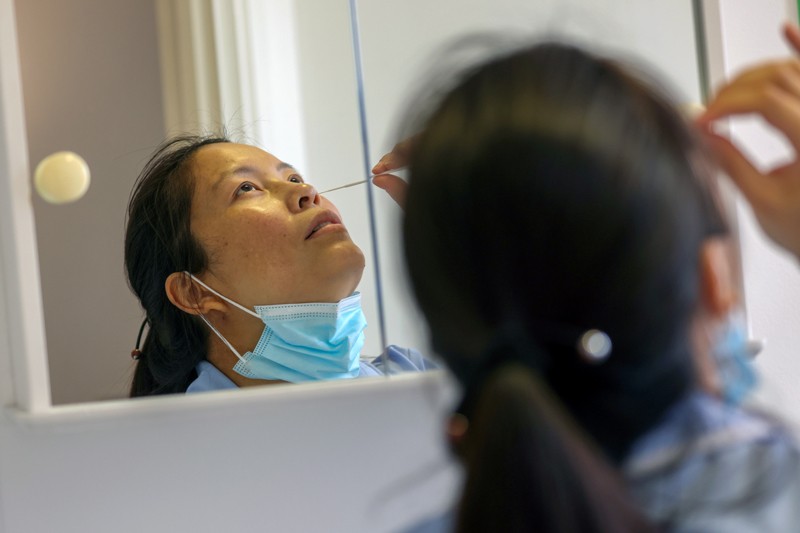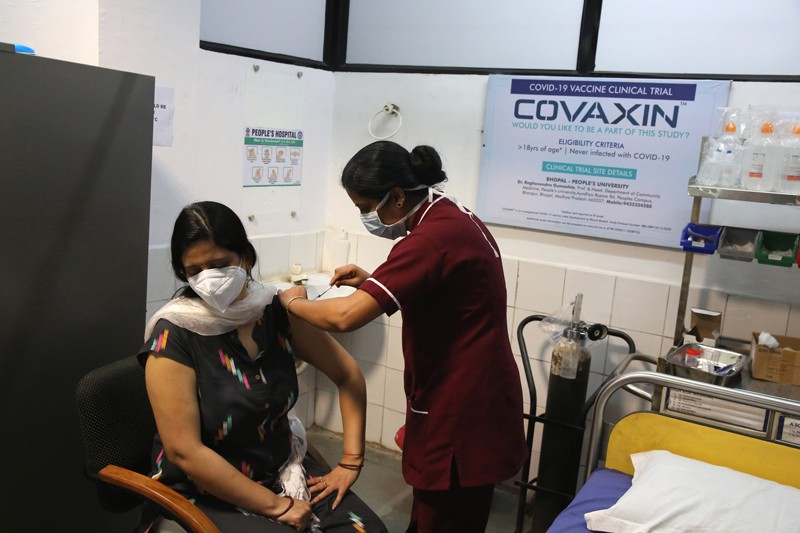Biden names top geneticist as science adviser
Table of Contents
US president-elect Joe Biden has chosen the decorated geneticist Eric Lander as his presidential science adviser and the director of the Office of Science and Technology Policy (OSTP). If Lander’s appointment is confirmed by the US Senate, he will serve as a member of Biden’s cabinet — a first for this position.
Lander was a key leader of the Human Genome Project — the race to sequence the human genome, which ended in 2003 — and is the president and founding director of the Broad Institute of MIT and Harvard in Cambridge, Massachusetts. He will be the first biologist to run the OSTP.
Biden has also announced the appointment of a number of other respected scientists to key positions in his administration. Alondra Nelson, nominated to be deputy director for science and society at the OSTP, is a social scientist at the Institute for Advanced Study in Princeton, New Jersey, who studies genetics, race and other societal issues. Nobel laureate Frances Arnold, a bioengineer at the California Institute of Technology in Pasadena, and Maria Zuber, a geophysicist at MIT, will co-chair the President’s Council of Advisors on Science and Technology, an elite panel that advises the president.
COVID reinfections rare but dangerous
Most people who catch and recover from COVID-19 are likely to be immune for several months afterwards, a study of more than 20,000 health-care workers in the United Kingdom has found.
The study — called SARS-CoV-2 Immunity and Reinfection Evaluation (SIREN) — concluded that immune responses from past infection reduce the risk of catching the virus again by 83% for at least 5 months. It was published online on 15 January (V. Hall et al. Preprint at medRxiv https://doi.org/fq3j; 2021).
Every two to four weeks, SIREN participants underwent blood tests for SARS-CoV-2 antibodies, as well as PCR tests to detect the virus itself. The results suggest that repeat infections are rare — they occurred in fewer than 1% of about 6,600 participants who had already had COVID-19. But researchers also found that people who become reinfected can carry high levels of the virus in their nose and throat, even when they do not show symptoms. Such viral loads have been associated with a high risk of transmitting the virus to others.
“Reinfection is pretty unusual, so that’s good news,” says immunologist John Wherry at the University of Pennsylvania in Philadelphia. “But you’re not free to run around without a mask.”
Vaccine makers rush to test shots against new variant
Vaccine makers in India and China are investigating whether recently approved COVID-19 vaccines are effective against a fast-spreading variant of the virus SARS‑CoV-2 now circulating around the world.
Scientists at the Indian Council of Medical Research in New Delhi and Bharat Biotech in Hyderabad, are testing whether their vaccine, Covaxin, is effective at blocking a variant called B.1.1.7, which emerged in the United Kingdom. The shot is one of several first-rollout vaccines to use an inactivated whole virus to elicit an immune response.
Scientists in China have also tested whether a specific mutation in B.1.1.7’s spike protein could compromise a vaccine developed by Sinopharm, one of three inactivated-SARS-CoV-2 shots being rolled out in China.
Some researchers have suggested that whole-virus vaccines could perform better against new variants than can shots that rely on the spike protein to elicit an immune response. If a variant escapes a response directed against the spike protein, it might still have other vulnerable areas that a whole-virus vaccine could attack, says Srinath Reddy, head of the Public Health Foundation of India in New Delhi. But “nothing has been demonstrated as yet,” he says.



